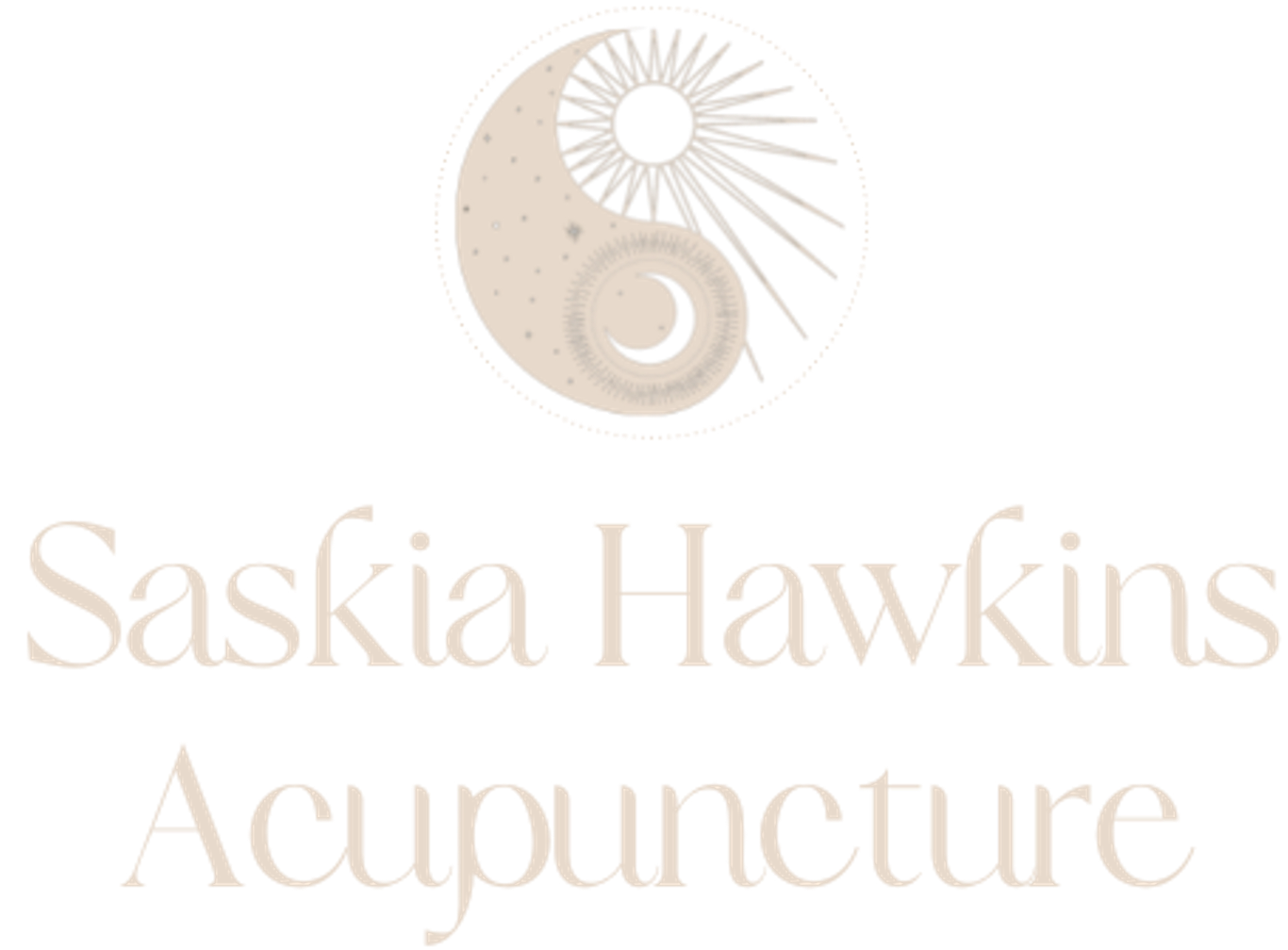
Frequently Asked Questions
-
In your first session, I’ll begin with a full health consultation. Acupuncture takes a holistic approach, looking at the whole person and treating from the root. Every detail about your health provides valuable clues as to what is going on. After the consultation, you’ll have a treatment. I will always explain everything I am doing.
-
Acupuncture has a cumulative effect, so weekly sessions are often recommended - especially for fertility or menstrual cycle support, as treatments are aligned with the different stages of your cycle. Regular sessions help to build both the effects of acupuncture and a sense of consistency and trust. That said, I will always meet you where you are. The goal is never to add pressure to busy lives - it’s better to come occasionally than not at all.
-
Every person and condition is unique. Some people notice changes after just a few sessions, while others may benefit from a longer course of treatment, especially for deeper or chronic issues. We’ll review your progress together and adjust your treatment plan as needed.
I tend to work with fertility clients over a longer period, as treatments are often aligned with several menstrual cycles.
I also offer free discovery calls to answer any questions you may have.
-
Yes absolutely. Confidentiality is fundamental to my practice. My clinic is a safe and non-judgmental space, and everything you share will be treated with the utmost respect.
The only exception is if there is a concern for your safety or the safety of others. -
Please ensure you’ve had a light snack before your appointment, avoid arriving on an empty stomach and stay well hydrated. But most importantly, come as you are.
-
It’s recommended that you wear loose, comfortable clothing that can easily be rolled up above your knees and elbows. However, I understand this isn’t always possible, and I have plenty of blankets and towels to cover you up.
-
Acupuncture is a gentle form of medicine and is not painful. The needles used are much finer than those for injections or blood tests. You may feel a subtle sensation known as De Qi (the “Qi sensation”), which varies from person to person. It may feel like a tingling, dull, heavy, numb, or warm sensation. Most people describe acupuncture as calming, pleasant and deeply relaxing.
-
Yes. It’s important to ensure your acupuncturist is a registered member of the British Acupuncture Council (BAcC). BAcC members complete over 3,600 hours (three years) of degree-level training and commit to ongoing professional development. We also follow a strict Code of Safe Practice, ensuring the highest hygiene and safety standards.
-
Yes, acupuncture complements many other therapies really nicely. I often encourage patients to build a team of supportive practitioners to help them on their journey to better health. However, I advise not scheduling other treatments on the same day as your acupuncture session to allow your body to fully integrate the effects.
I’ve created a Holistic Hub of trusted local practitioners which you can explore.
-
Many private health insurance providers now offer cover for acupuncture as awareness of its benefits grows. If you have private insurance, you may already be covered - please check directly with your provider for details.
You will need to provide payment upfront, request an invoice from me and submit it to your insurance company for reimbursement. They are generally very efficient. Unfortunately, I cannot accept discounted rates from insurers or submit the claims myself.
-
Yes! Acupuncture is safe throughout pregnancy and is a wonderful way to support your wellbeing, as well as any symptoms that may arise, such as morning sickness, fatigue, or anxiety. It can also be highly beneficial in preparing your body for labour.
-
This is very common! Acupuncture needles are incredibly fine, and most people are surprised by how little they feel. I’ll guide you gently and make sure you’re comfortable at every step.
-
My treatment room is located at Blackheath Yoga in Blackheath, South East London. You can find more information about the location here.
-
Western acupuncture (also known as dry needling or medical acupuncture) is an adaptation of Chinese acupuncture that uses similar techniques but without the traditional theoretical framework. Western acupuncturists are often GPs, nurses, osteopaths or physiotherapists.
BAcC-accredited acupuncture courses involve over 3,600 hours of training, compared with some Western acupuncture foundation courses that can be completed in as little as 32 hours. Choosing a BAcC-trained acupuncturist means choosing a practitioner with a deep understanding of both the theory and safe practice of traditional Chinese acupuncture. -
The British Acupuncture Council (BAcC) is the UK’s leading professional body for traditional acupuncturists. Membership signifies that a practitioner has met rigorous clinical, ethical, academic, and safety standards.
